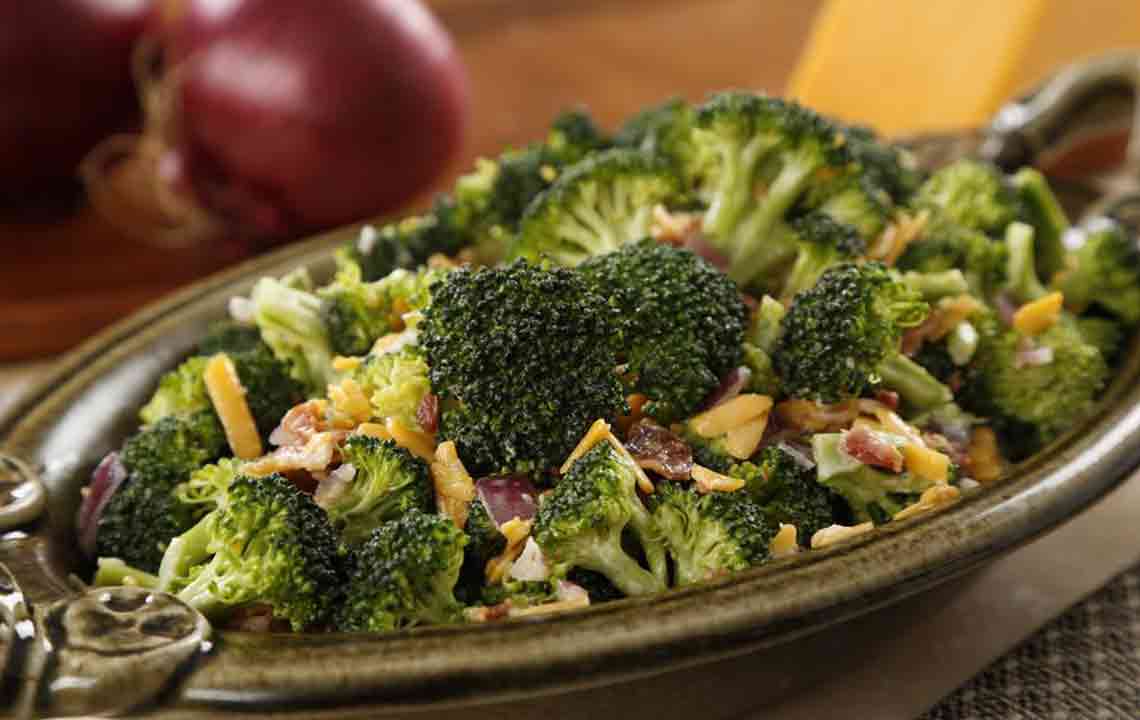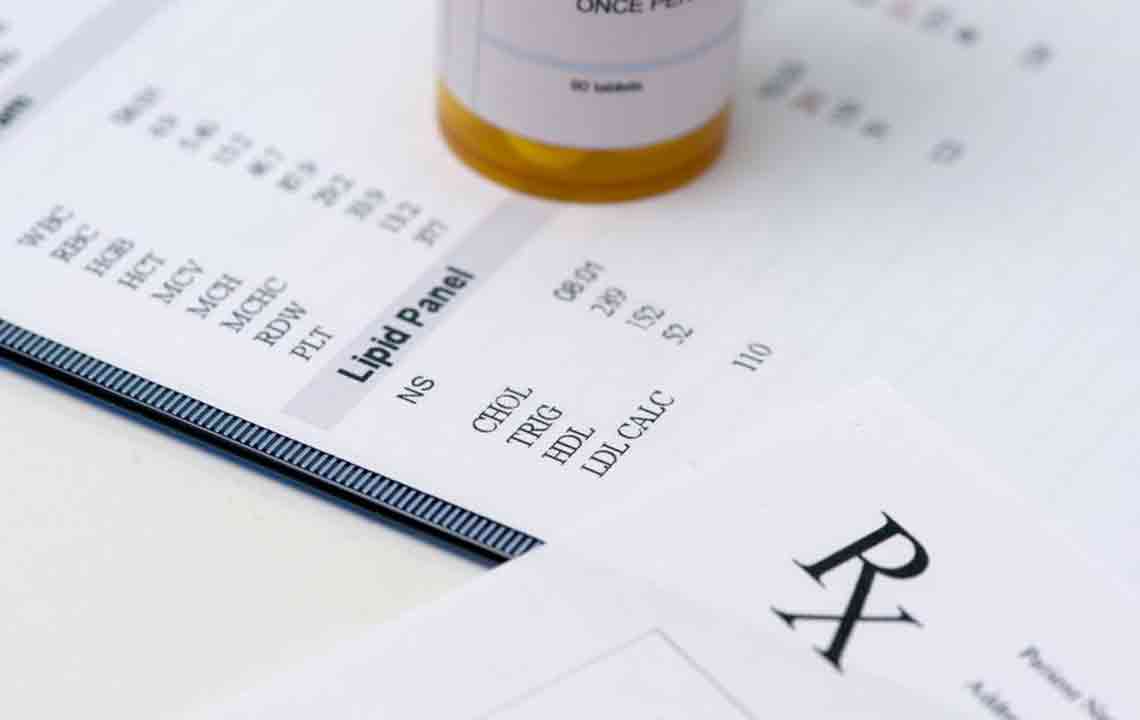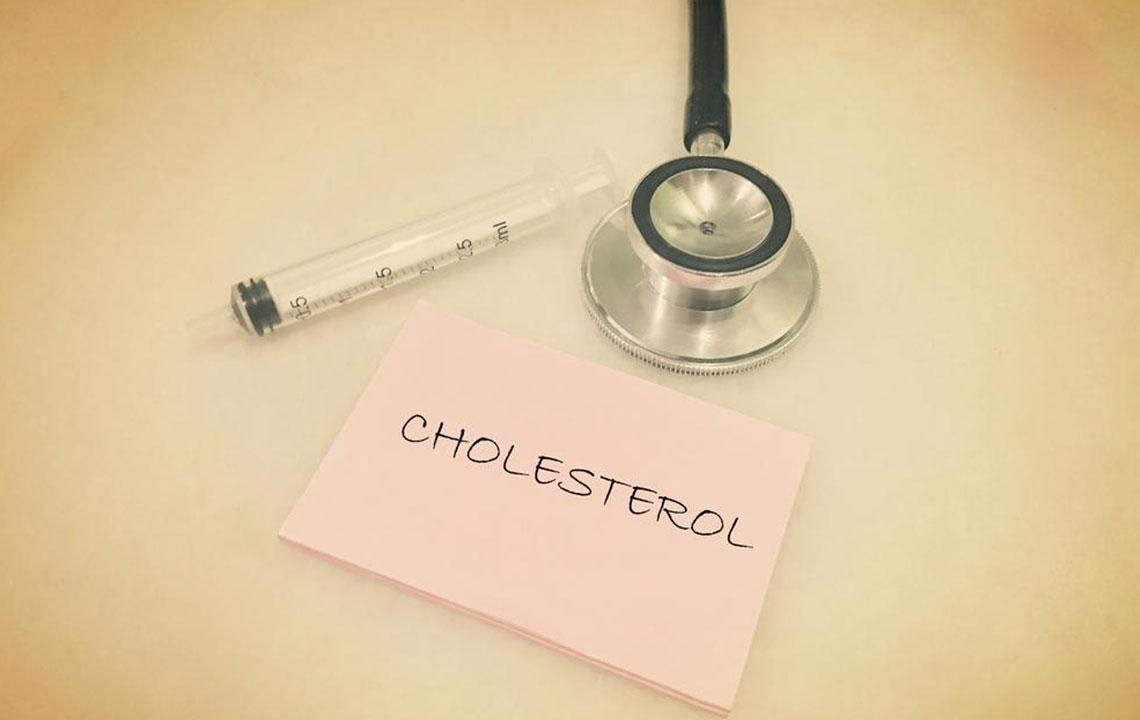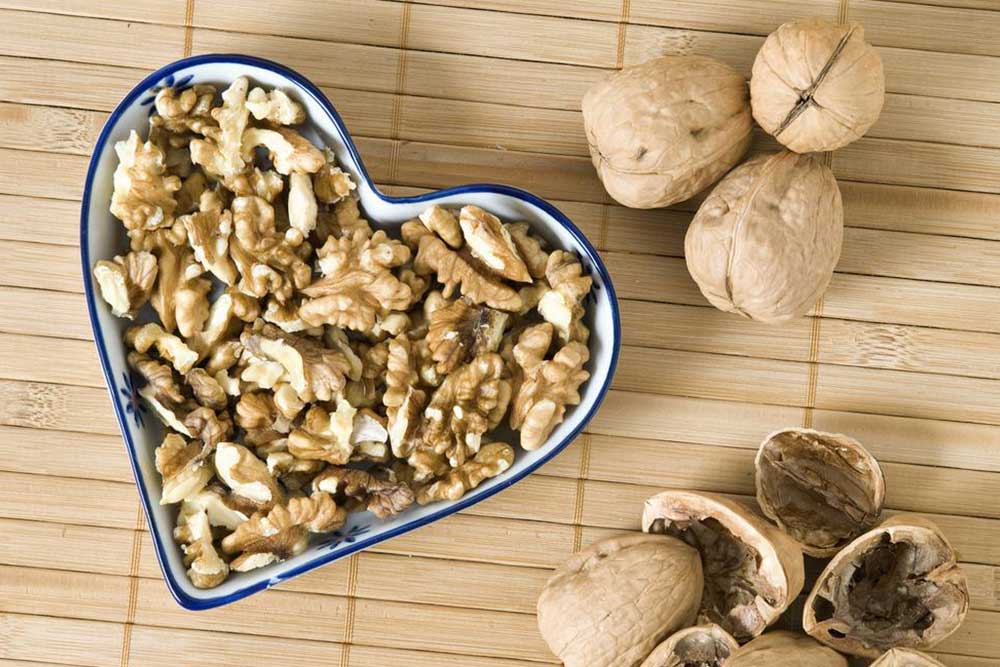Comprehensive Guide to Lowering LDL Cholesterol Naturally and Effectively
Discover comprehensive natural strategies to lower LDL cholesterol effectively. Learn about dietary changes, physical activity, quitting smoking, weight management, and moderate alcohol consumption to improve your heart health. Regular screenings and lifestyle adjustments can significantly reduce cardiovascular risks, ensuring a healthier, longer life with mindful habits and expert guidance.
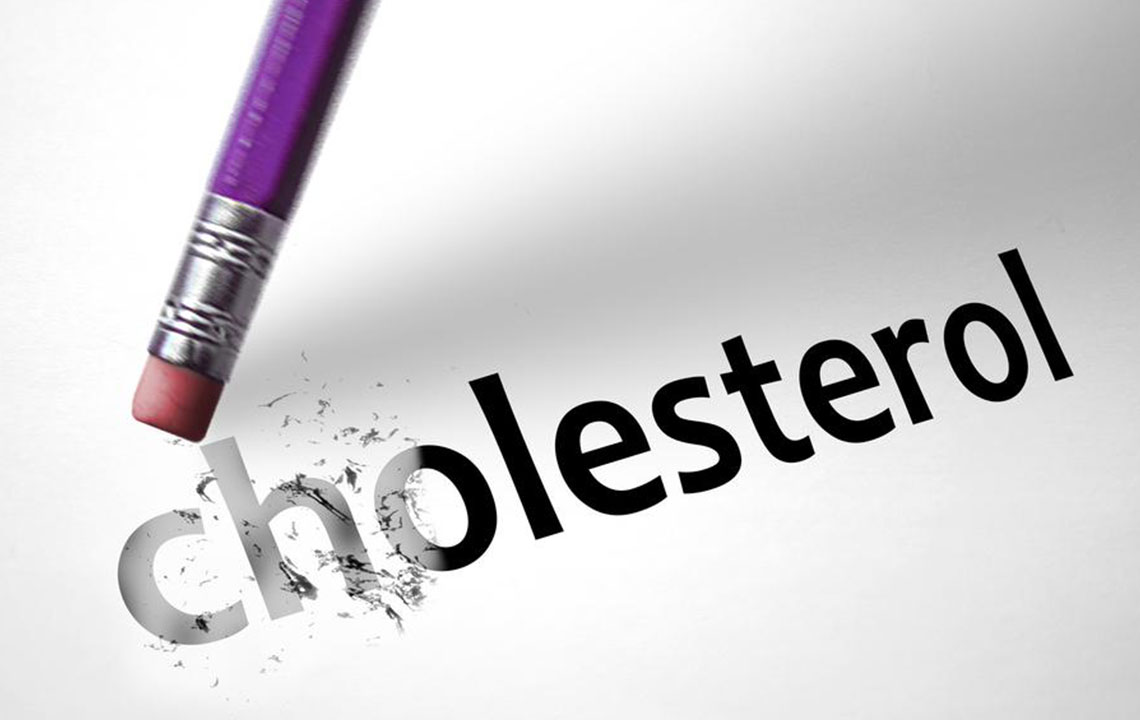
Comprehensive Strategies for Reducing LDL Cholesterol Levels
Low-density lipoprotein (LDL), commonly known as "bad" cholesterol, is a significant factor contributing to the development of cardiovascular diseases. Elevated LDL levels lead to the accumulation of fatty deposits within arterial walls, resulting in narrowed arteries and restricted blood flow. Over time, this buildup can cause serious health issues such as heart attacks, strokes, and peripheral artery disease. Therefore, understanding how to effectively reduce LDL cholesterol through natural methods is vital for maintaining cardiovascular health and enhancing overall well-being.
Understanding the Causes of Elevated LDL Cholesterol High LDL levels are influenced by a combination of genetic, lifestyle, and environmental factors. Unhealthy dietary habits, especially diets high in saturated and trans fats, play a significant role. Chronic stress can elevate LDL by impacting hormonal balance and inflammation levels. Exposure to pollution and sedentary lifestyles further contribute to increased cholesterol. Genetic predispositions can also lead to inherited hypercholesterolemia, requiring more targeted interventions. Recognizing these factors enables individuals to implement tailored strategies for managing their cholesterol effectively.
Recognizing High LDL Levels Often, elevated LDL cholesterol presents no noticeable symptoms. It is a silent condition that can only be detected through routine blood tests. Regular cholesterol screenings are essential, especially for individuals with risk factors such as family history of heart disease, obesity, or a sedentary lifestyle. Early detection allows for timely interventions, reducing the risk of serious cardiovascular problems in the future.
Natural Methods to Lower Bad Cholesterol Making informed lifestyle choices can significantly impact LDL cholesterol levels without relying solely on medication. These natural approaches are often sustainable and enhance overall health. Let’s explore practical and scientifically-supported methods to lower LDL naturally:
Adopt Heart-Healthy Eating Patterns: Transitioning to a heart-conscious diet is crucial. Focus on incorporating nutrient-rich foods such as vegetables, fruits, whole grains, and legumes. These foods are naturally low in saturated fats while high in fiber, which helps reduce cholesterol absorption. Avoid processed foods high in refined sugars and unhealthy fats.
Choose Good Fats: Replacing saturated fats with healthy monounsaturated and polyunsaturated fats can improve your lipid profile. Use olive oil, canola oil, and nuts instead of butter and lard. Limit intake of fatty cuts of meat and full-fat dairy products, opting for lean meats and low-fat dairy options. Keep saturated fat consumption below 7% of your daily caloric intake to optimize cholesterol levels.
Eliminate Trans Fats from Your Diet: Trans fats are artificially produced fats found in many processed snacks, baked goods, and fast foods. They are notorious for raising LDL cholesterol while decreasing HDL, thereby amplifying cardiovascular risk. Always read product labels and avoid items with partially hydrogenated oils. Favor whole, minimally processed foods to steer clear of trans fats.
Incorporate foods known for their heart-beneficial properties—such as leafy greens, berries, oats, nuts, and fatty fish rich in omega-3 fatty acids. These foods not only support lower LDL levels but also promote heart health through anti-inflammatory and antioxidant effects.
Enhance Physical Activity Levels: Regular exercise plays a pivotal role in managing cholesterol. Engaging in aerobic activities like brisk walking, jogging, cycling, swimming, or even dancing can elevate HDL (“good”) cholesterol while reducing LDL levels. Aim for at least 150 minutes of moderate-intensity exercise per week, broken into manageable sessions. Group activities or exercising with friends can boost motivation and adherence.
Quit Smoking Opportunities: Smoking has detrimental effects on lipid profiles and cardiovascular health. It lowers HDL cholesterol and damages blood vessel walls, making arteries more susceptible to plaque buildup. Quitting smoking improves overall heart health, increases HDL levels, and decreases blood pressure. Seek support from healthcare providers or smoking cessation programs to enhance success.
Manage Your Body Weight: Excess weight, especially around the abdomen, is associated with higher LDL levels. Losing even a modest amount of weight (5-10% of body weight) can significantly improve cholesterol profiles. Combining a balanced diet with physical activity is the most effective way to achieve and maintain a healthy weight. Prioritize homemade meals, incorporate fruits and vegetables, and choose baked or steamed recipes over fried options.
Moderate Alcohol Consumption: Some studies suggest that moderate alcohol intake can raise HDL cholesterol. However, excessive alcohol consumption triggers increased blood pressure, liver issues, and other health problems. The safest approach is to limit alcohol intake or abstain altogether, especially for those with existing health conditions or risks.
Taking proactive steps toward managing your cholesterol levels can prevent serious cardiovascular complications. Combining lifestyle modifications with medical advice when necessary offers the most effective approach. Be patient; improvements in cholesterol levels and artery health happen gradually. Regular check-ups with your healthcare provider are essential for monitoring progress. Remember, a heart-healthy lifestyle is a lifelong commitment that pays dividends in longevity and quality of life.
